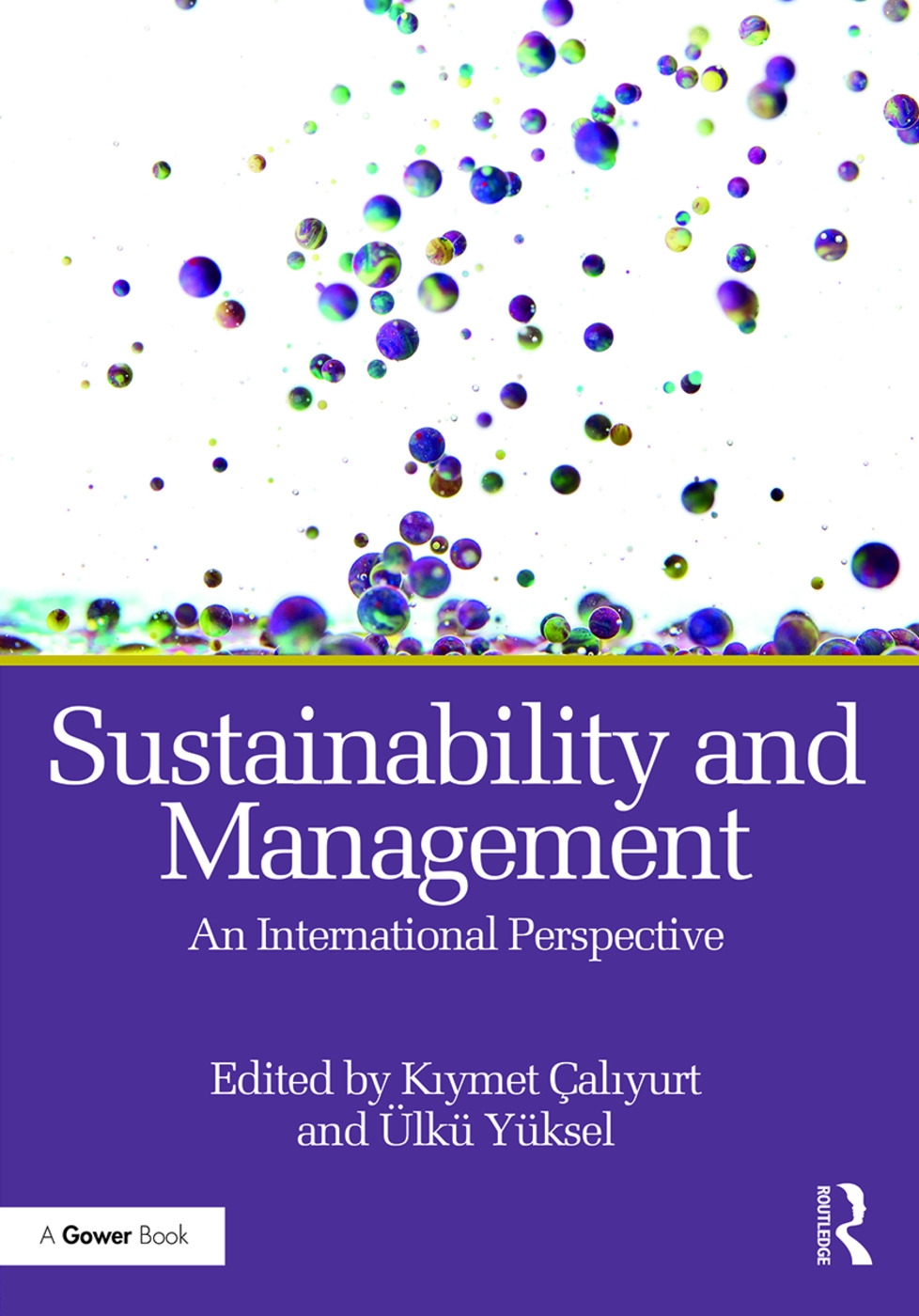| FindBook |
有 1 項符合
Sustainability and Management: An International Perspective的圖書 |
 |
Sustainability and Management: An International Perspective 作者:Çaliyurt,Kiymet(EDT)/Yüksel,Ülkü(EDT) 出版社:Routledge 出版日期:2016-12-07 語言:英文 規格:精裝 / 17.8 x 24.8 x 2.5 cm / 普通級 |
| 圖書館借閱 |
| 國家圖書館 | 全國圖書書目資訊網 | 國立公共資訊圖書館 | 電子書服務平台 | MetaCat 跨館整合查詢 |
| 臺北市立圖書館 | 新北市立圖書館 | 基隆市公共圖書館 | 桃園市立圖書館 | 新竹縣公共圖書館 |
| 苗栗縣立圖書館 | 臺中市立圖書館 | 彰化縣公共圖書館 | 南投縣文化局 | 雲林縣公共圖書館 |
| 嘉義縣圖書館 | 臺南市立圖書館 | 高雄市立圖書館 | 屏東縣公共圖書館 | 宜蘭縣公共圖書館 |
| 花蓮縣文化局 | 臺東縣文化處 |
|
|
圖書介紹 - 資料來源:博客來 評分:
圖書名稱:Sustainability and Management: An International Perspective
內容簡介
In the wake of the 1987 Brundtland Report, sustainable development has become one of the key issues for organizations one which is now accepted as a new management system in the business world and a means by which companies can increase their long-term value. Being a ‘sustainable company’ increasingly means ‘staying alive in business’ and has become a necessity for all kinds of enterprises; from the micro sized to global publicly listed corporations. In more recent years many companies, and indeed governments, have looked at sustainability as means to combat the multiple challenges of environmental accidents, global warming, resource depletion, energy poverty and pollution. However, being sustainable or maintaining sustainability for a company’s management is not an easy task. It needs the continuous support and engagement from the board, the executive management, staff and other stakeholders alike. Additionally, it brings additional costs to the company in terms of hiring trained staff, organising continuous training in the company, publishing sustainability reports and subscribing to a rating system. Sustainability must be nourished by a company’s board as well as all of its composite departments; such as accounting, marketing, and human resources for example must support it in equal measure. By the same token it is not enough simply to declare yourself a ‘sustainable business’ or rely on past measures and reputation; sustainability is an on-going and active area of a company and one which has to be proved by periodically disclosing sustainability reports in international well-known rating systems. In Sustainability and Management: An International Perspective, Kiymet Caliyurt and Ulku Yuksel bring together international authors from a variety of specializations to discuss the development, aspects, problems, roadmap, trends, and disclosure systems for sustainability in management. The result is a lively exposition of the field, with insights and recommended solutions for creating and developing sustainable business for the future.
|










